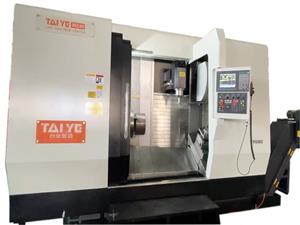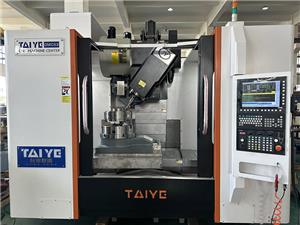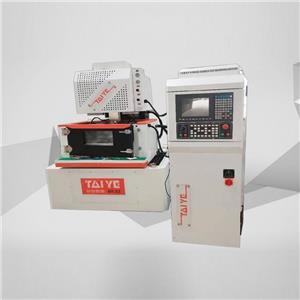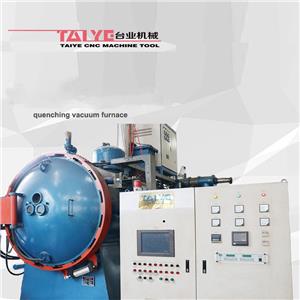How Does CNC Machining Work?
When a CNC system is activated, the desired cuts are programmed into the software and dictated to corresponding tools and machinery, which carry out the dimensional tasks as specified, much like a robot.
In CNC programming, the code generator within the numerical system will often assume mechanisms are flawless, despite the possibility of errors, which is greater whenever a CNC machine is directed to cut in more than one direction simultaneously. The placement of a tool in a numerical control system is outlined by a series of inputs known as the part program.
With a numerical control machine, programs are inputted via punch cards. By contrast, the programs for CNC machines are fed to computers though small keyboards. CNC programming is retained in a computer’s memory. The code itself is written and edited by programmers. Therefore, CNC systems offer far more expansive computational capacity. Best of all, CNC systems are by no means static, since newer prompts can be added to pre-existing programs through revised code.
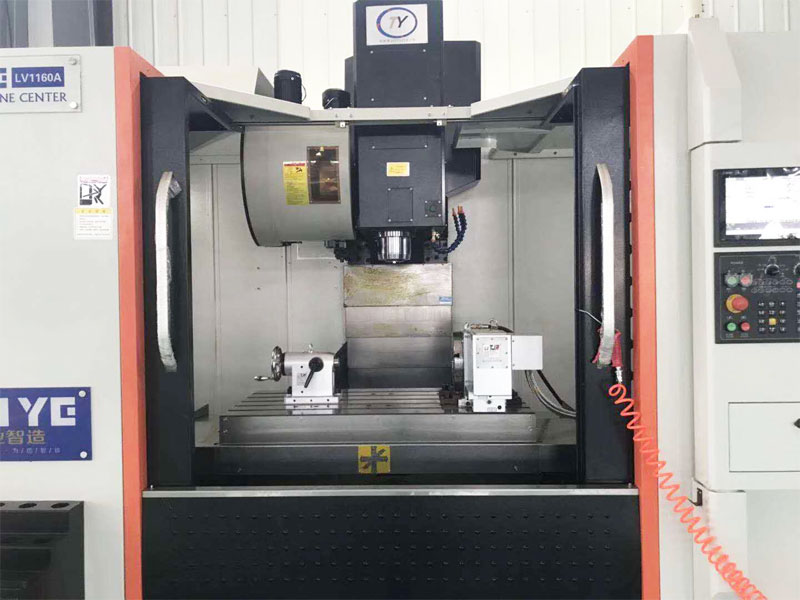
- 3 Axis Vertical Machining Center
- 3 Axis Hard Line Vertical Machining Center
- 3 Axis 2 Linear One Hard Line Vertical Machining Center
- 3 Axis Linear One Line Vertical Machining Center
- Heat Treatment Vacuum Furnace
- Heat Treatment Oil Quenching Vacuum Furnace
- Heat Treatment Air Quenching Vacuum Furnace

